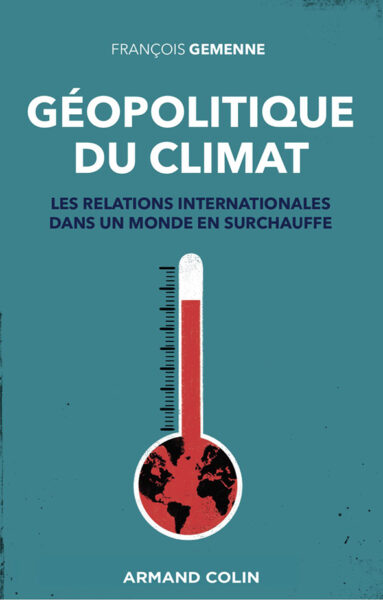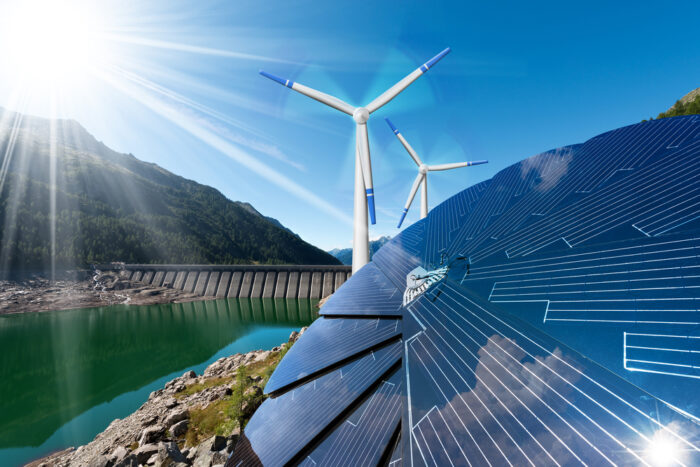In an article published in these pages in 2011 (no. 373), Patrick Criqui presented a series of scenarios on possible energy and climate trends, taking note of the agreement on climate change signed in late 2009 at the Copenhagen Conference. He pointed out that a paradigm shift was on the cards, which would mean less use of the top-down approach –with national objectives set as a function of international objectives formulated at major conferences– and greater implementation of a bottom-up logic based on national policies put in place in the energy field and as part of the battle against global warming. On the basis of this latter logic, the authors were able to elaborate scenarios at a world level. A few days before the publication of that article, the Fukushima accident occurred in Japan, lending fresh impetus to the energy debate in most of the countries using nuclear power. Does that event, combined with the persistence of the debt crisis, the increased extraction of unconventional hydrocarbons (shale oil and gas) and the fact that international negotiations on climate change (Durban) have merely marked time, modify the projected scenarios –and, if so, to what extent?
Patrick Criqui, Silvana Mima, Pierre-Olivier Peytral and Jean-Christophe Simon consider this question in detail here. They begin by examining the impact of these recent events and developments on the current energy and climate situation. Then, after reminding us of the four world energy scenarios (to a time-horizon of 2030-2050) that were developed in 2009 (together with two “discontinuity scenarios”), they propose an updating that takes account of the perceived consequences of the change of context, stressing two crucial scenarios in particular: the probable (leading to warming in the order of 4°C) and the desirable (limiting warming to 2°C). Lastly, they propose various levers aimed at “making the desirable trajectory possible” (technological agreements, economic instruments, national emission trajectories), in the knowledge that, even if this is achieved, human societies cannot escape having substantially to lower their greenhouse gas emissions in the medium to long term.



